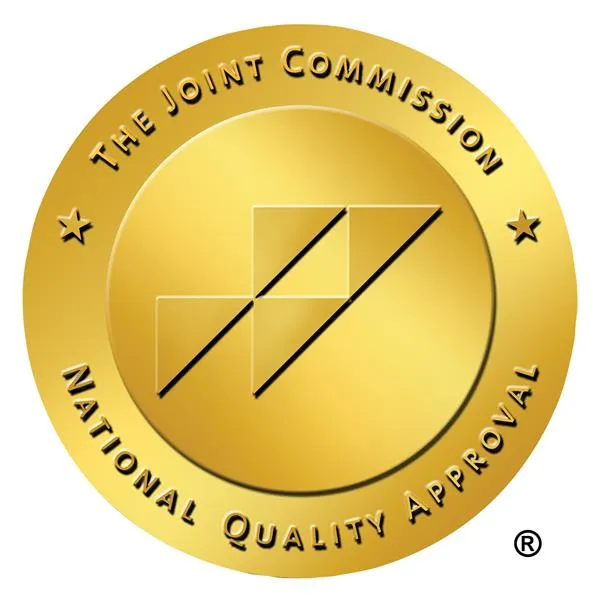As healthcare professionals who regularly work at different facilities in different states, travel nurses must always have a bevy of interpersonal skills ready to foster great collaboration and teamwork. Interpersonal skills, also referred to as people skills, are ones that you either learn or innately have that can help you work more effectively with others. Social skills are crucial to the nursing profession, with it being the leading high-social-skills job for women in 2018.
For nurses, clinical expertise goes hand in hand with soft skills to provide effective, holistic, and compassionate patient-centered care. This article takes a look at the most essential interpersonal skills for nurses.
Top nursing soft skills to have as a travel nurse
Communication and active listening
Effective communication skills are arguably the most crucial soft skill for a nurse. These skills enable seamless collaboration with other nurses and healthcare professionals and foster strong relationships with patients. Great communication is especially essential for travel nurses who frequently meet and work with new colleagues.
As a travel nurse, you will have to clearly and respectfully ask your colleagues a lot of questions, especially about policies and procedures, which vary per facility. Great communication is not just about being clear, respectful, and listening actively, it’s also about being aware of and using your nonverbal cues. For example, when meeting new people at work, smile and make eye contact. When listening, nod your head to signal that you understand what’s being discussed. Be mindful of your facial expressions and gestures, and be respectful of other people’s personal space.
By being a good communicator, you’ll be able to build rapport not just with your fellow healthcare workers but with your patients and their loved ones, too, which can allow you to provide better, safer, and more efficient care.
Collaboration
In healthcare settings, working well and establishing trust with other nurses and healthcare professionals fosters teamwork and collaboration, which can drastically improve patient care experiences and outcomes.
Teamwork is essential in any work environment as it improves efficiency, promotes innovation and learning, and builds great work relationships. As a travel nurse, you should know what you are expected to do to become an effective member of the team. When you’re not collaborative, you can cause undue stress to other team members and impede the delivery of proper patient care.
To be a great collaborator, take steps to understand what’s expected of you by understanding your role and responsibilities, and learn how cross-functional roles are expected to function. It’s also a good idea to learn about what the facility’s culture is like, so you can make sure to be respectful of your colleagues’ preferences and work styles.
Flexibility and adaptability
When nurses are flexible and adaptable, they can easily navigate changes. They can stay updated with changing guidelines, policies, and information. They’re able to easily stay on top of new and emerging technologies and tools used in the workplace, which can help improve patient care and even bolster their careers.
Flexible and adaptable nurses can also easily adjust their care plans based on changing information from doctors and specialists, as well as patients’ reactions to treatments. It will also be easy to navigate patients’ and fellow healthcare workers’ different personality types, needs, and preferences to promote highly personalized and effective care. Flexibility and adaptability also enable nurses to handle high-stress and emergencies calmly, allowing them to prioritize patient safety and well-being at all times.
Empathy
Empathy is an indispensable interpersonal skill for travel nurses. As professionals who often transition between facilities and work with different healthcare professionals and teams, travel nurses encounter patients from various cultural backgrounds, age groups, and health conditions. When you have empathy, you can better understand and respond to the unique emotional, psychological, and physical needs of each patient. By demonstrating genuine compassion, travel nurses can ease their patients’ anxieties, foster trust, and create a more comfortable and healing environment.
Empathy also helps to improve communication with patients and their families, ensuring that they feel heard, valued, and involved in the care process. This emotional connection can be crucial in stressful situations, where patients may feel vulnerable or frightened.

